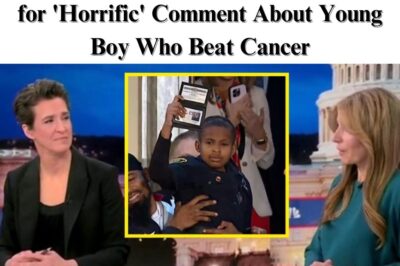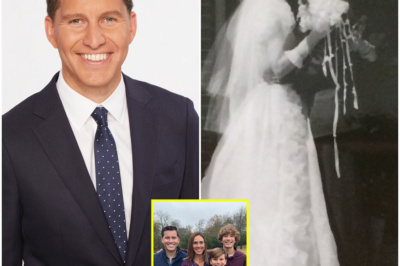Caroline Levitt’s $800 Million Lawsuit Against the Media: A Battle for Truth or a War on Journalism?
The media landscape has been rocked by one of the most explosive lawsuits in history—a $800 million defamation case filed by conservative figure Caroline Levitt against major news networks and top journalists. What started as just another political media clash has now escalated into a full-blown legal war, one that could determine the future of journalism, media accountability, and the balance of power in public discourse.
The Lawsuit That Shook the Industry
Levitt, a young and ambitious conservative strategist, filed a landmark lawsuit after a series of on-air discussions and articles falsely implicated her in a political scandal. With no solid evidence, multiple networks pushed a damaging narrative, framing her in a way that jeopardized her career and reputation.
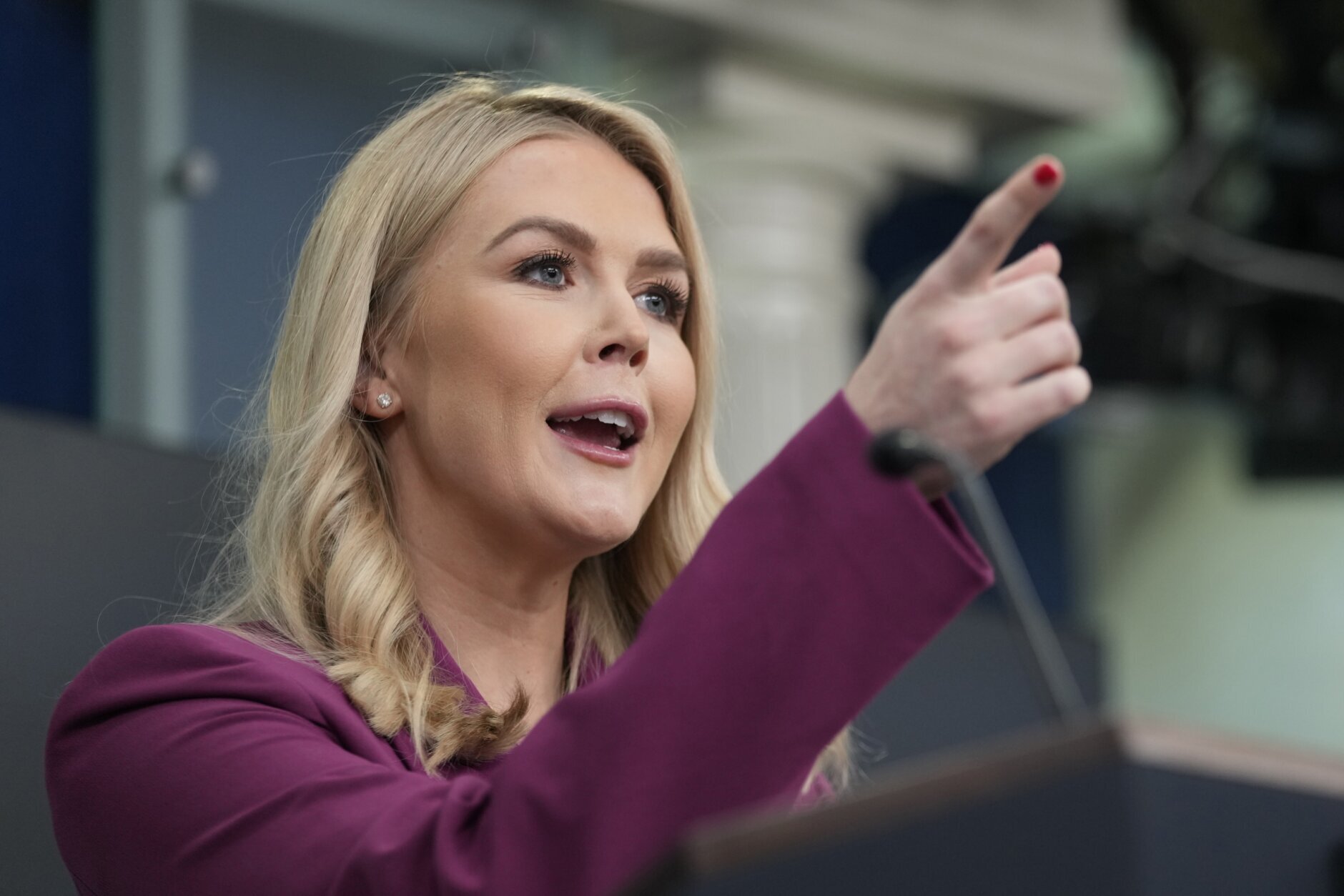
At first, mainstream media dismissed the lawsuit, calling it a political stunt. However, as more details emerged, panic began to spread through newsrooms, executive offices, and legal departments. Levitt wasn’t just suing for a retraction or an apology—she was coming for everything.
With $800 million in damages on the table, her lawsuit wasn’t just a legal battle—it was a reckoning for an industry that had long operated under the assumption that it was untouchable.
The Breaking Point: A Damning Recording
Everything changed when Levitt’s legal team obtained a leaked recording—a private discussion between senior media executives and top anchors, strategizing how to control narratives and shape public perception.
In the shocking audio, one high-profile journalist was heard saying:
“It doesn’t matter if we can’t prove it. We just have to make people doubt her. That’s enough.”
Another executive responded:
“If we say it enough times, it becomes reality. She won’t survive it.”
And then came the most damning statement of all:
“We’ll bury her. And if it turns out we’re wrong, we’ll just move on like we always do.”
When the recording was leaked, the media world imploded. What was once a dismissible lawsuit now became a crisis threatening to bring down entire networks.
Media Panic: A Desperate Plea on Live TV
As the lawsuit gained traction and legal teams prepared for trial, one of the most prominent TV hosts involved made a shocking move—she pleaded on live television for Levitt to drop the case.
“Caroline, please. I’m asking you—end this lawsuit for everyone’s sake. This isn’t about ideology anymore. It’s about the damage this is doing to our entire industry.”
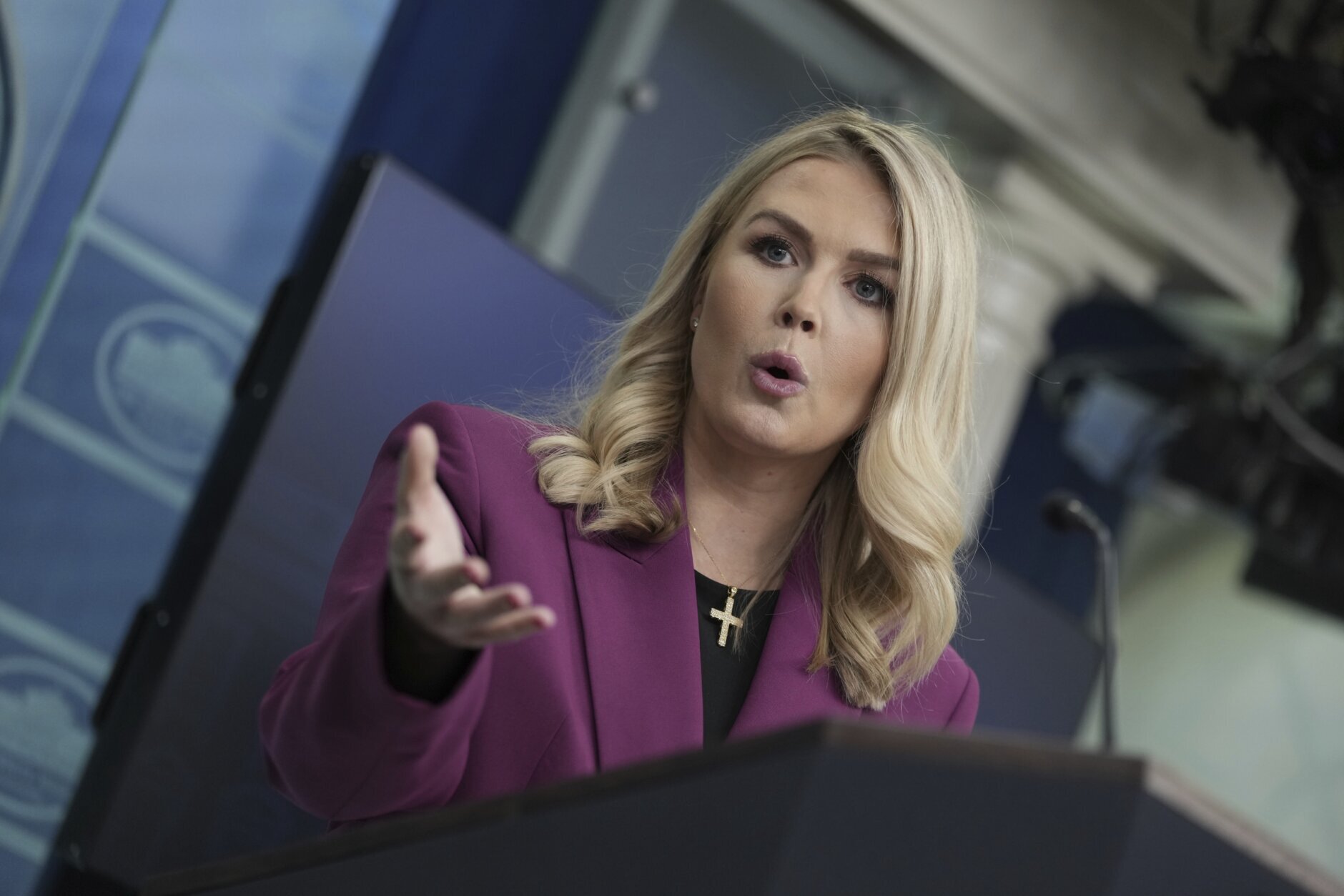
Her voice trembled as she begged for mercy—a stunning about-face from someone who had previously mocked Levitt and fueled the very narratives that led to the lawsuit.
The media was no longer confident in winning this battle. The recording had changed everything.
A Dangerous Precedent or a Victory for Truth?
As the case moved closer to trial, major networks scrambled to contain the fallout.
- Top executives held emergency meetings to discuss damage control.
- Some networks began distancing themselves from their own journalists.
- Others quietly settled with Levitt, hoping to escape before the worst revelations came out.
But Levitt refused to settle. She was determined to expose how modern journalism had been weaponized—how major media outlets chose narratives not based on truth, but on strategy.
The Final Offer: A Massive Settlement Rejected
Days before trial, the networks made a last-ditch effort—an offer worth hundreds of millions of dollars for Levitt to drop the case and never speak about it again.
The media world held its breath. Would she take the money and walk away?
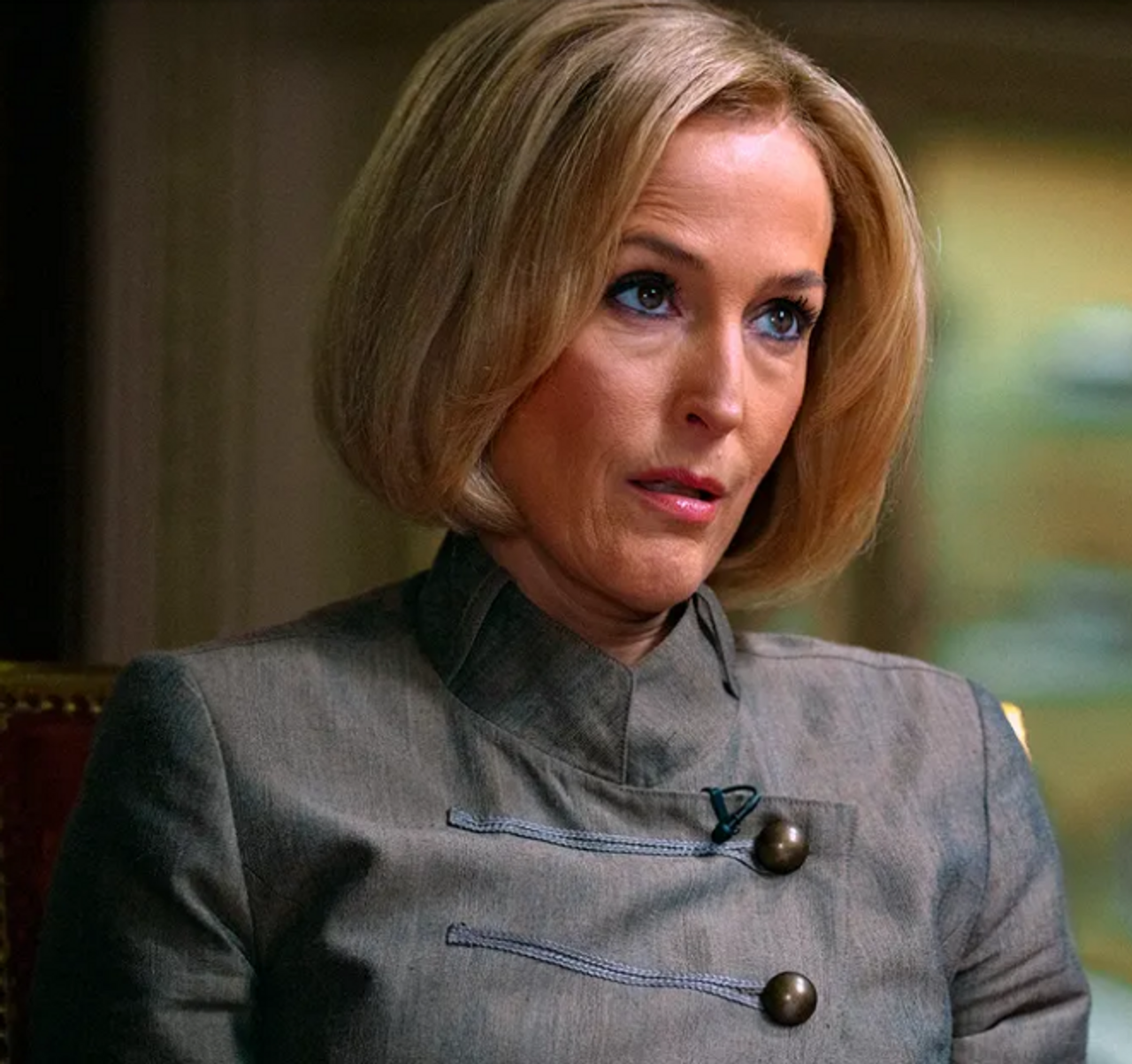
She didn’t.
Levitt rejected the offer, ensuring that the trial would proceed, the evidence would be heard, and the truth would be revealed.
What Happens Next?
With the trial set to begin, the media industry is in full crisis mode. The revelations from this case could permanently change how journalism operates, forcing networks to be more transparent and accountable for their reporting.
For some, this lawsuit is a dangerous attack on the free press. For others, it is a long-overdue reckoning—a warning to media powerhouses that they can no longer manipulate narratives without consequences.
One thing is certain:
The truth is coming out. And for the first time in history, the media isn’t the one controlling the story.








